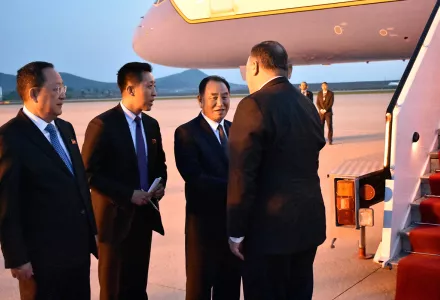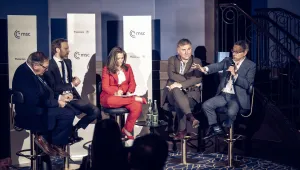Following a period of rapidly rising tensions on the Korean Peninsula last year, the current cycle of negotiations is a welcome change. The international community is closely watching to see if high level U.S.-North Korea talks can produce a durable process for addressing complex security, political, and economic issues. This Harvard Korea Working Group public panel event will draw on the experiences of former senior U.S. negotiators who have engaged in deal-making with North Korean counterparts.
Dr. John Park (Moderator), Director, Korea Working Group, Belfer Center for Science and International Affairs
Kim Yonghyon, Consul General (Opening Remarks)
Lim Sung-nam, First Vice Foreign Minister
Ambassador Christopher Hill, Former Head of the U.S. Delegation to the Six-Party Talks
Ambassador Daniel Russel, Former Assistant Secretary of State for East Asian & Pacific Affairs
Dr. Gary Samore, Executive Director for Research, Belfer Center for Science and International Affairs; Former White House Coordinator for Arms Control & Weapons of Mass Destruction


